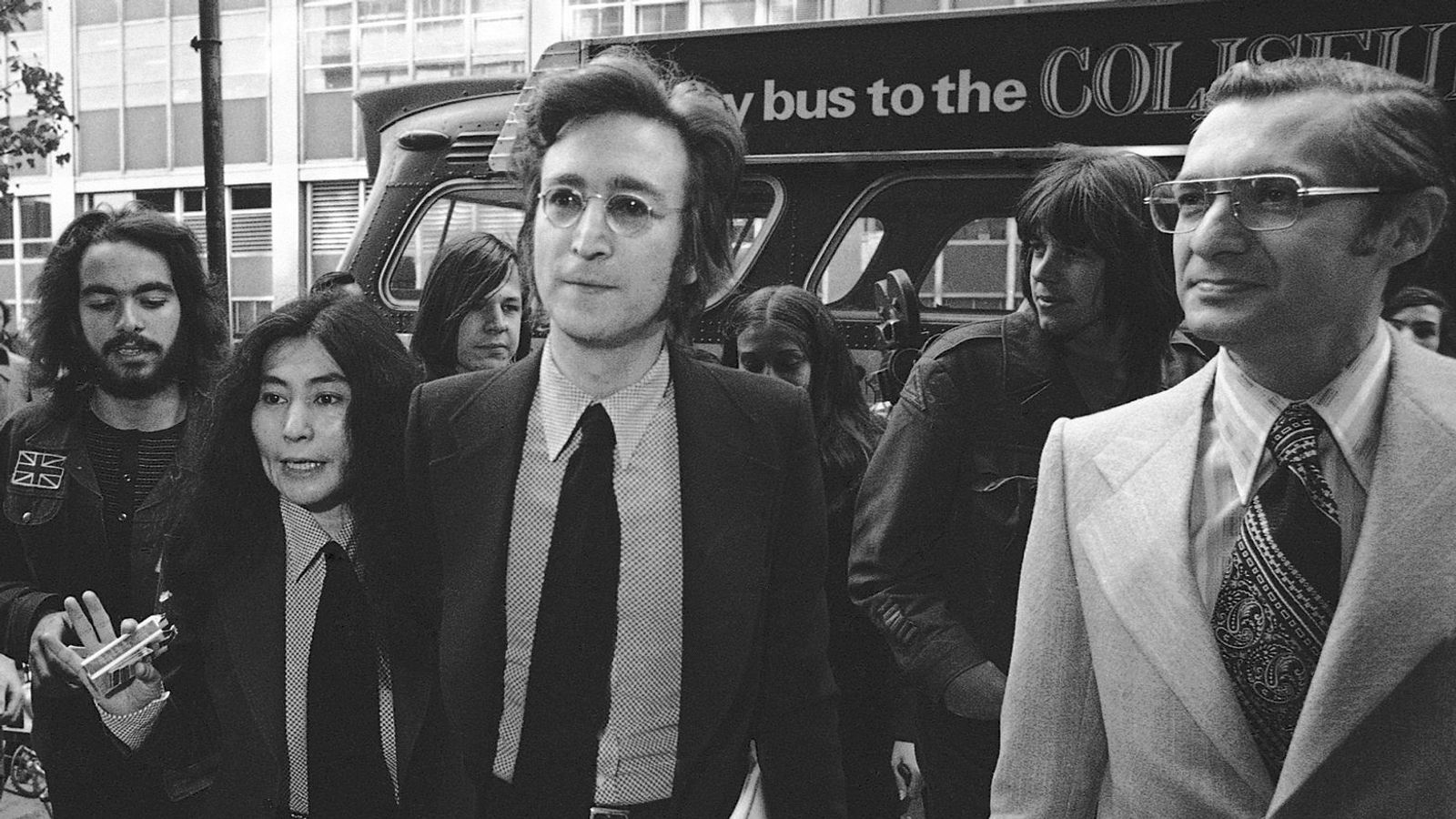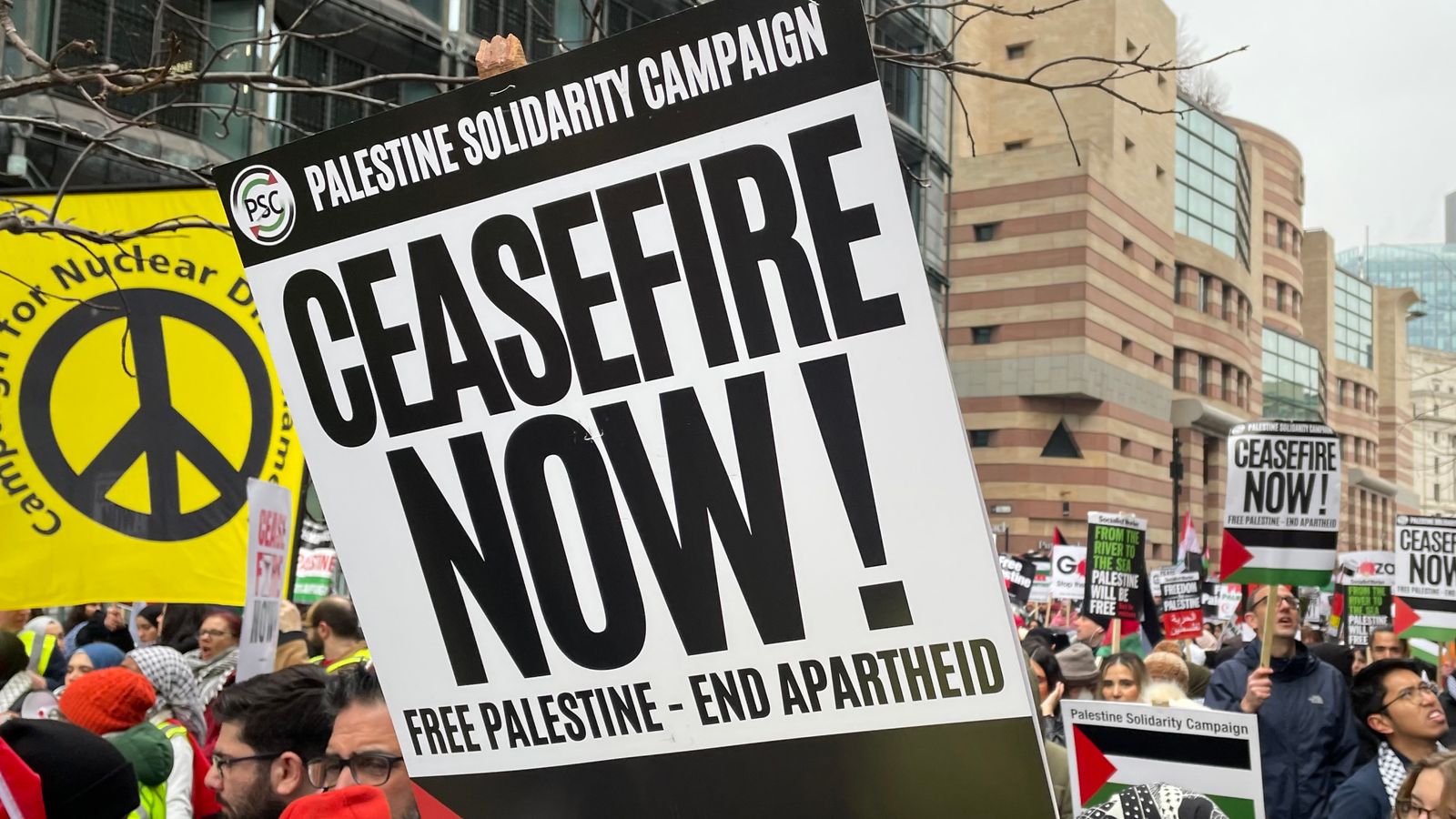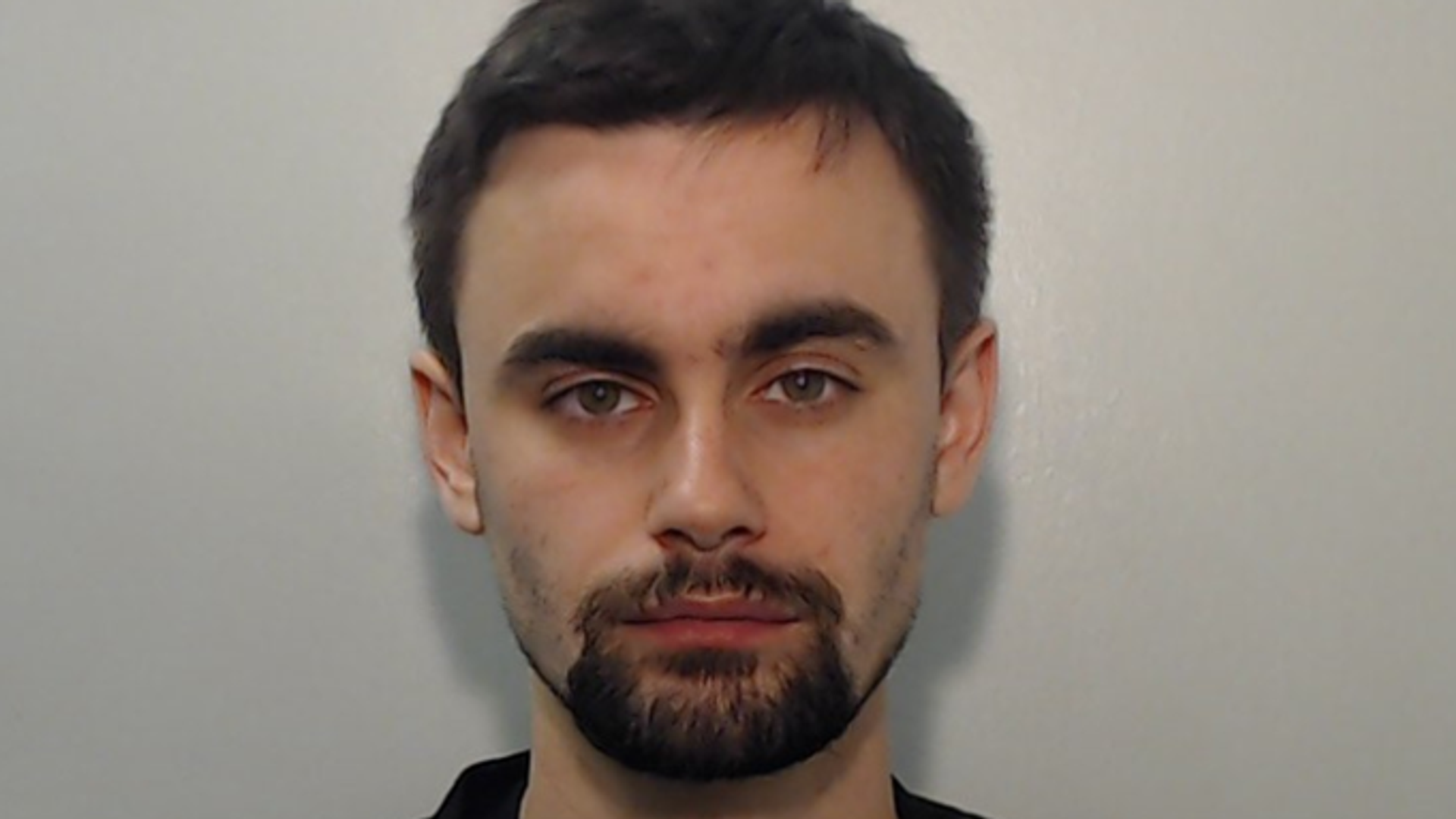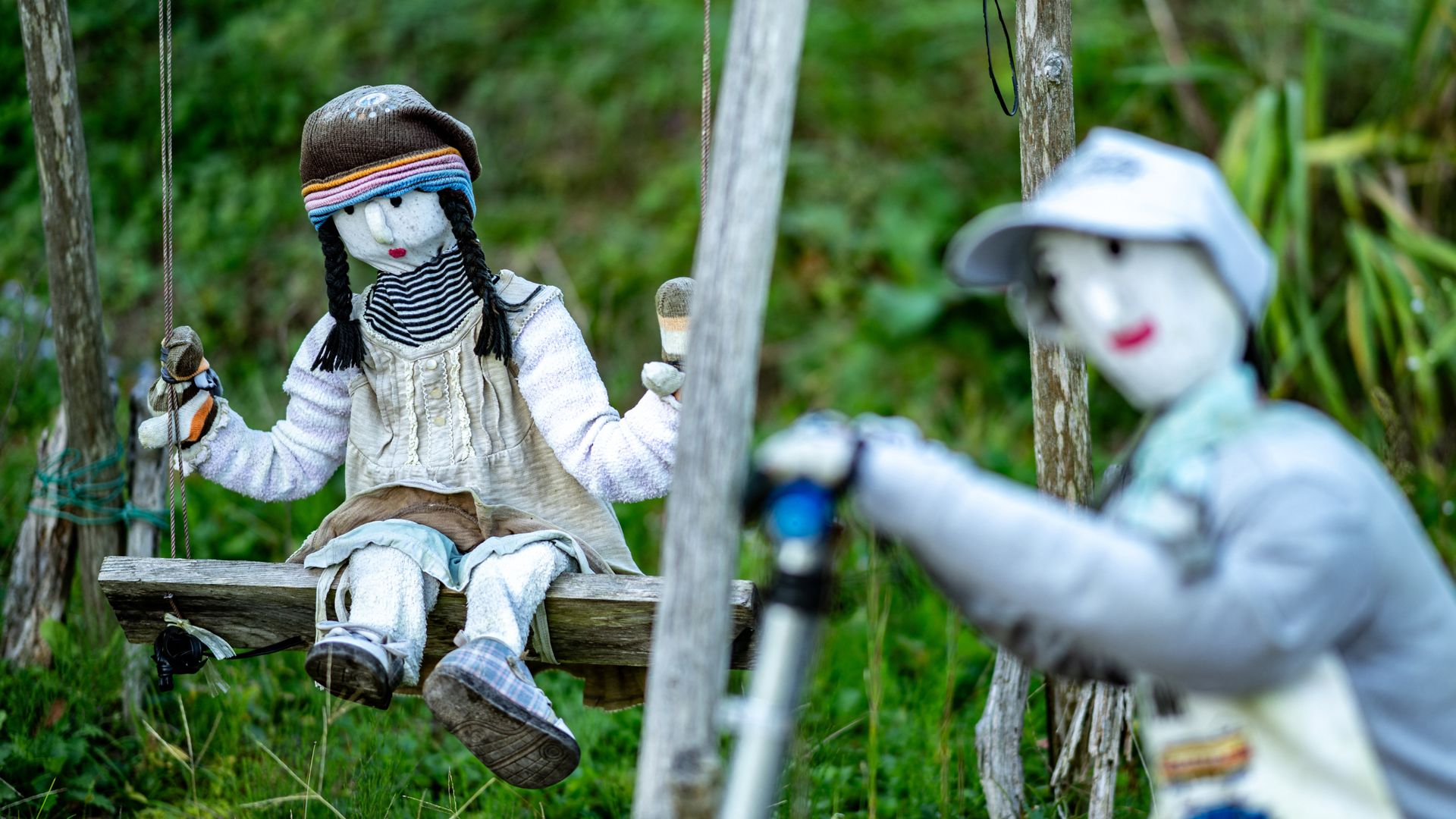An American lawyer who fought a years-long battle in the 1970s to prevent John Lennon from being deported from the US has died aged 90.
Leon Wildes, whose health had been declining since he suffered a series of strokes, died on Monday at Lenox Hill Hospital in Manhattan, his family said.
His name became part of musical and political history after, in 1972, he got involved in the case involving Lennon and Yoko Ono, who needed help getting their visas extended.
He eventually succeeded, becoming a hero among Beatles fans.
‘No idea who they are’
Mr Wildes agreed to meet with the couple at the Manhattan offices of Apple Records, the label founded by the Beatles in the late 1960s.
But he confessed to an old law school classmate, Alan Kahn, that he didn’t know Lennon and his artist wife.
“I have no idea who these people are,” he said.
Mr Wildes thought that preventing the deportation would be a formality – but in fact the case turned into one of the most dramatic legal struggles of the era.
The US government sought to have Lennon deported citing a bust in London in 1968, when the former Beatle pleaded guilty to possession of “cannabis resin”.
Under US law at the time, non-residents faced deportation if “convicted of any law or regulation relating to the illicit possession” of narcotic drugs or marijuana.
Nixon’s fears
But government files later suggested that in fact then President Richard Nixon feared the influence that Lennon and Ono – who opposed the Vietnam War and backed efforts to defeat him – might have in the 1972 election, especially on the young voters.
With musicians and other artists urging the government to let Lennon stay, Mr Wildes managed to get the deportation delayed and ultimately revoked.
He first found a loophole in the immigration drug law and eventually, amid the Watergate scandal and Mr Nixon’s resignation, managed to get an order in October 1975 that reversed the deportation order.
Lennon was shot and killed by Mark Chapman in New York City in 1980.
Mr Wildes remained close to Yoko, and even attended some Beatles conventions, recalling later how “dozens of people came up, shook my hand and thanked me for what I had done for John Lennon”.
“And I learned from these wonderful people that it is really something to marvel about and to enjoy this beautiful music of the Beatles.”












